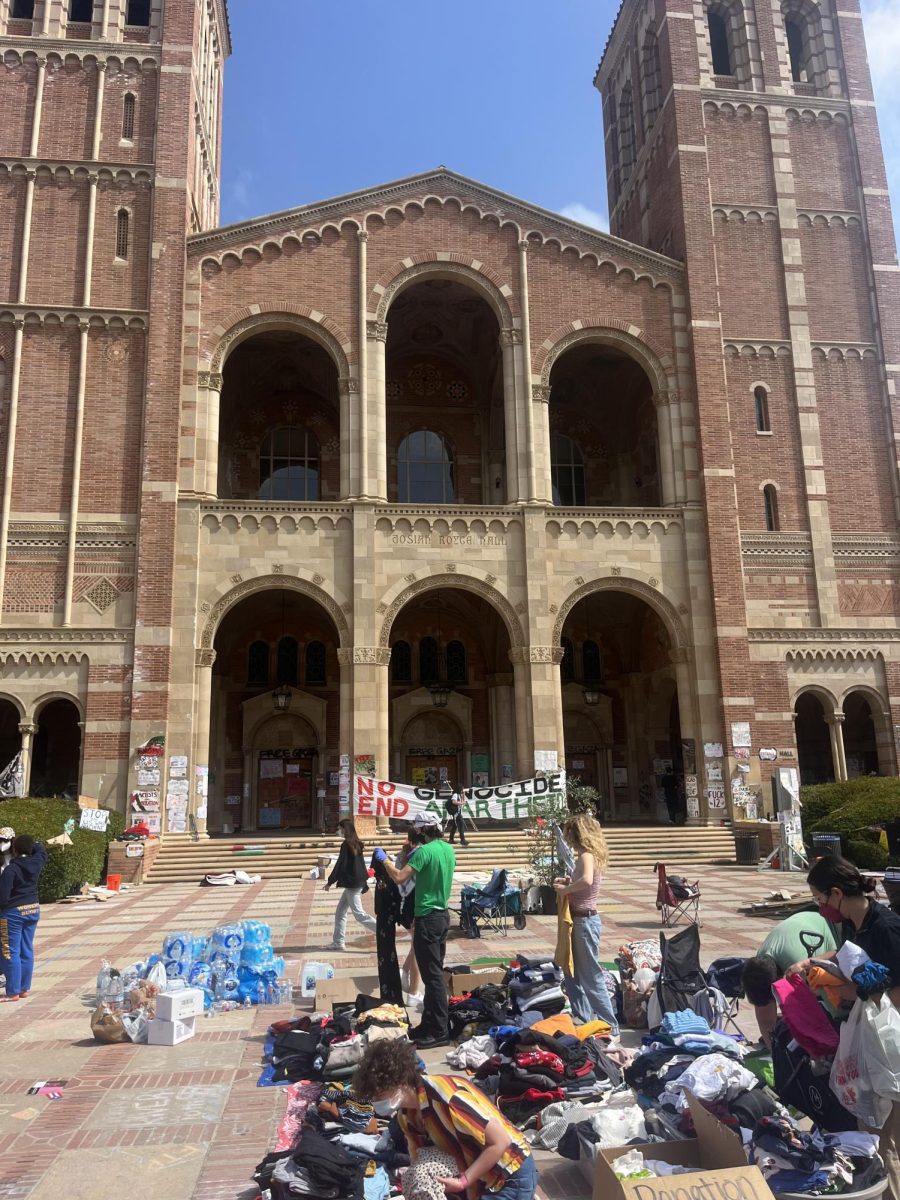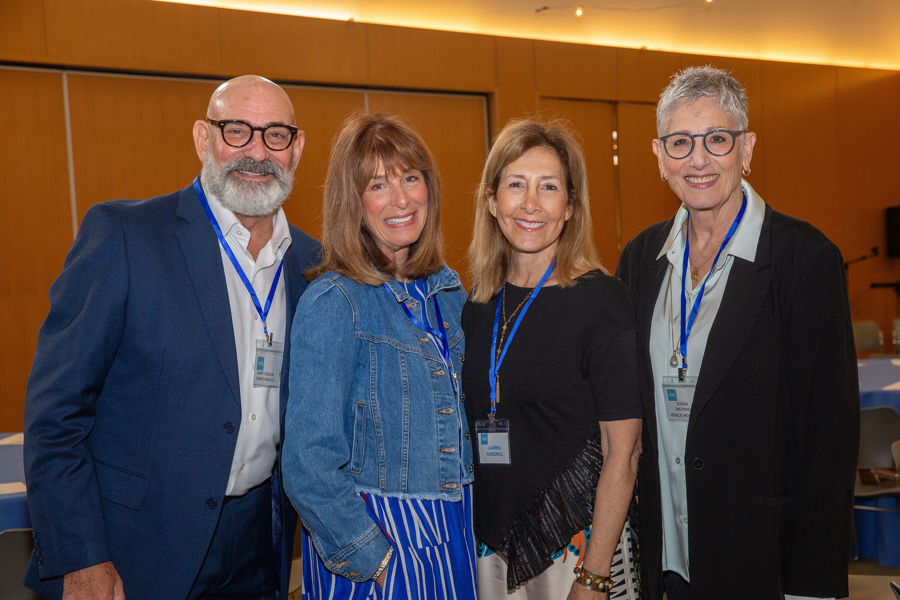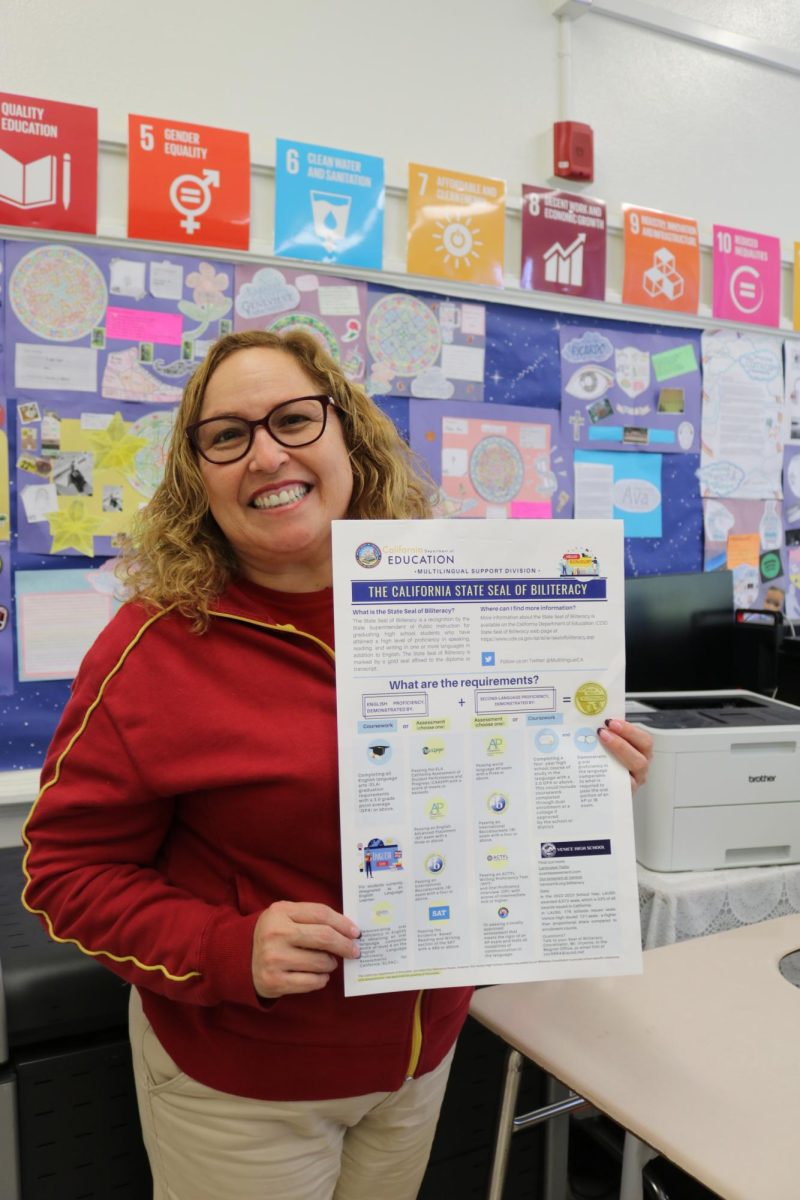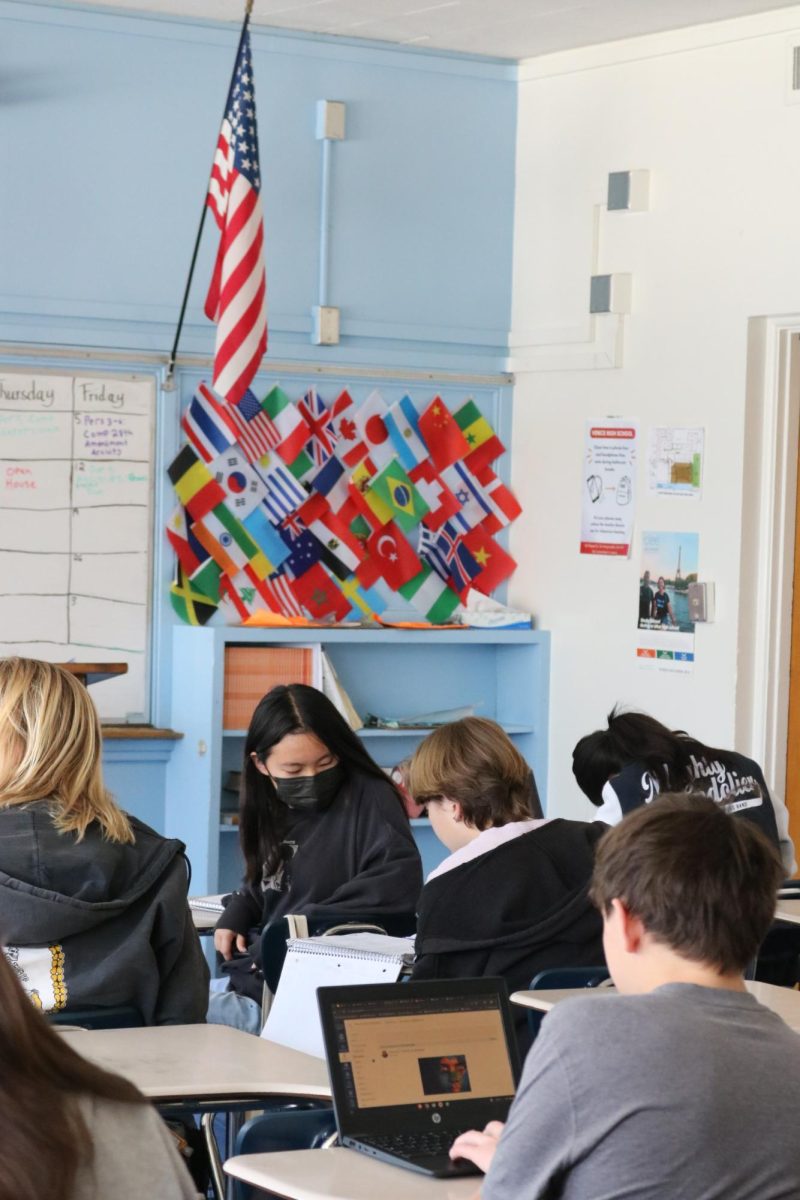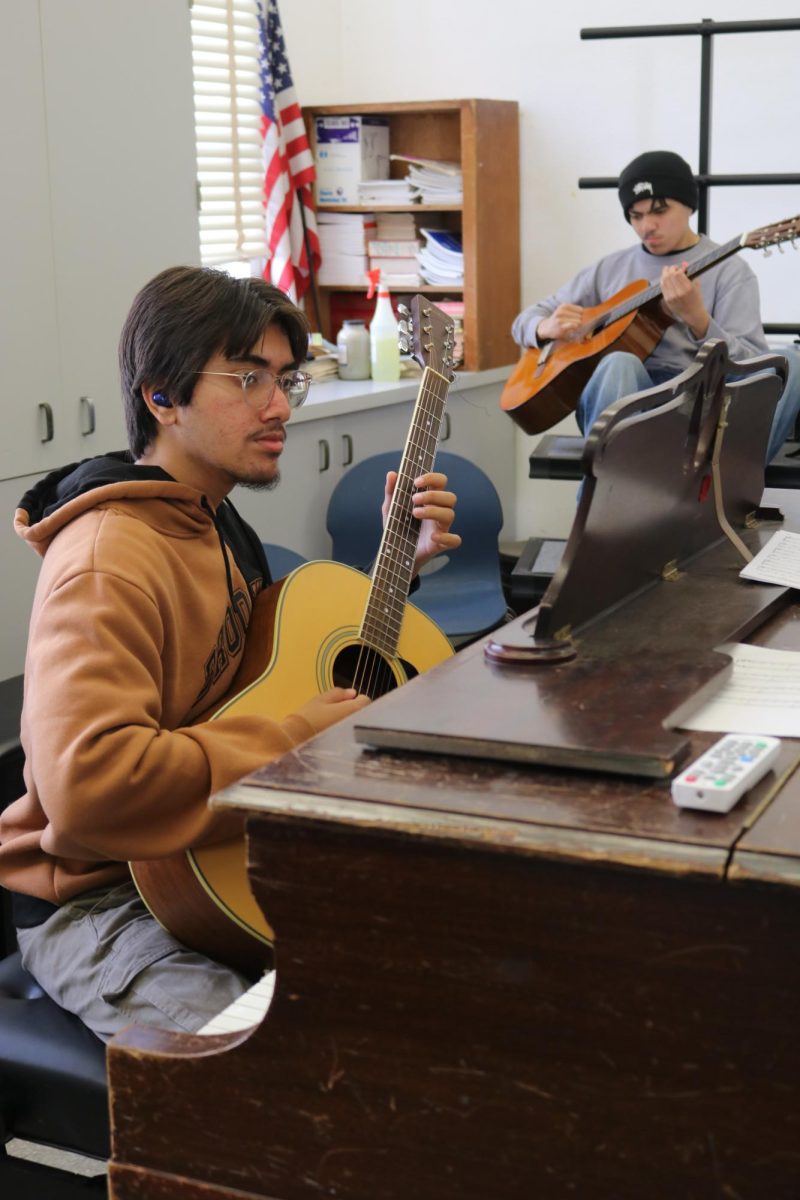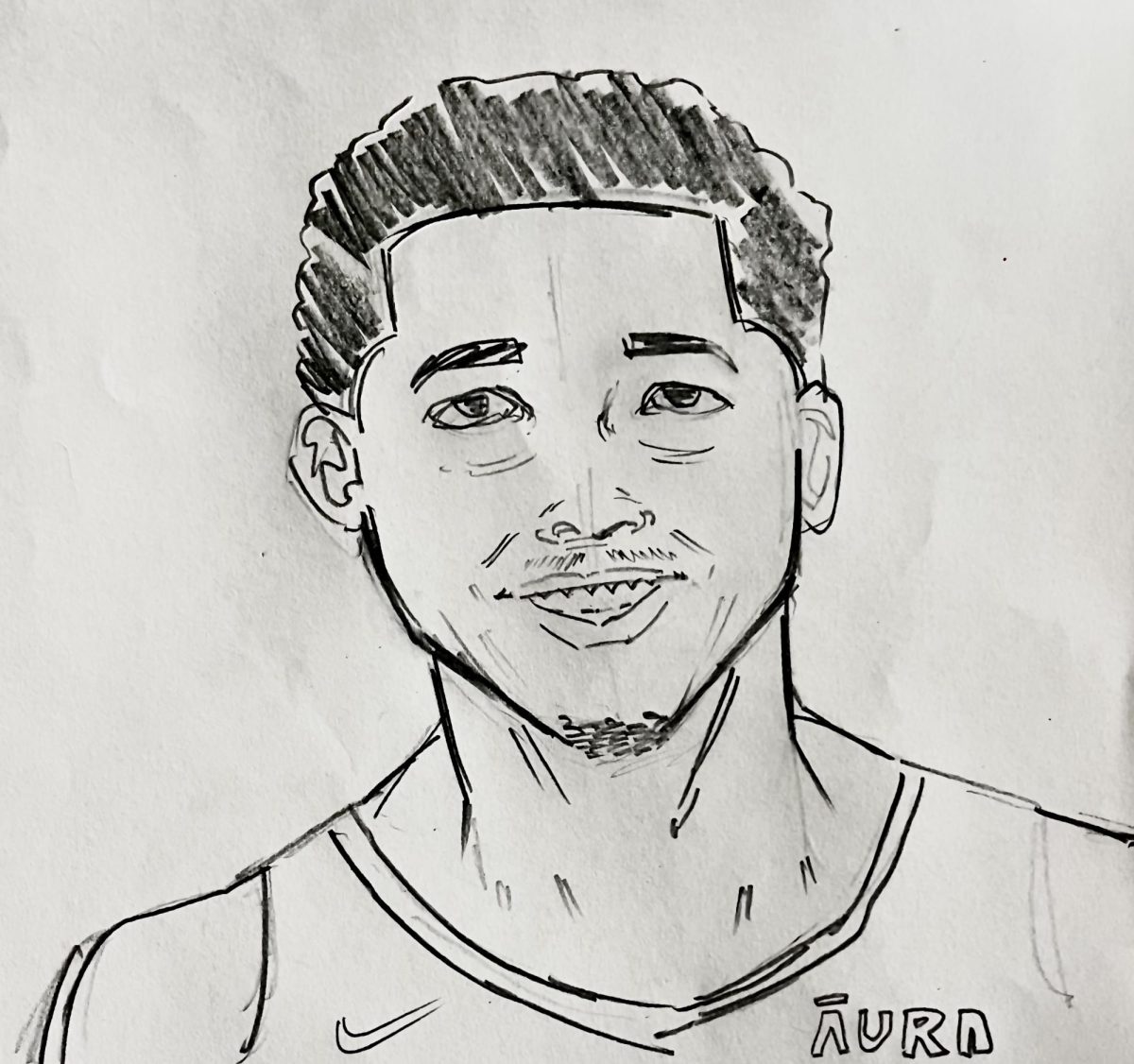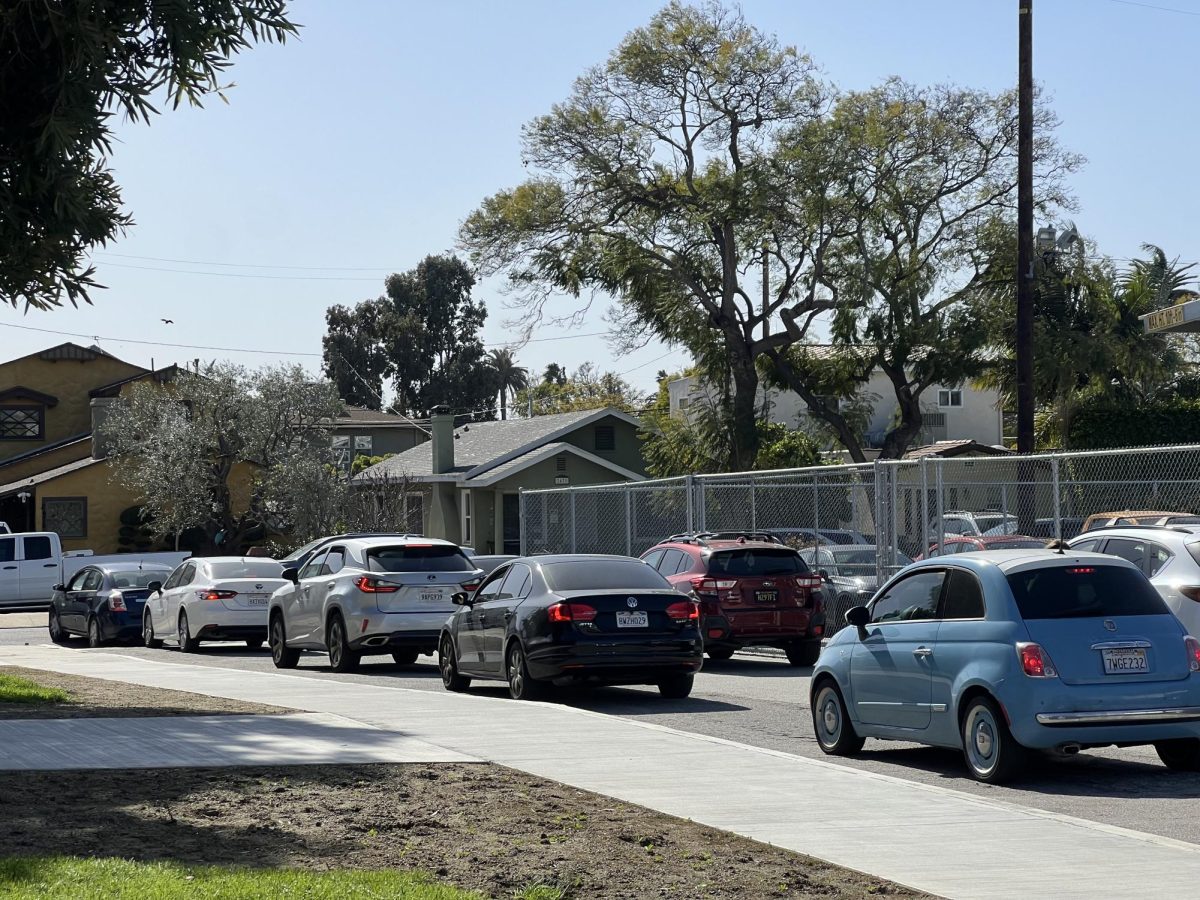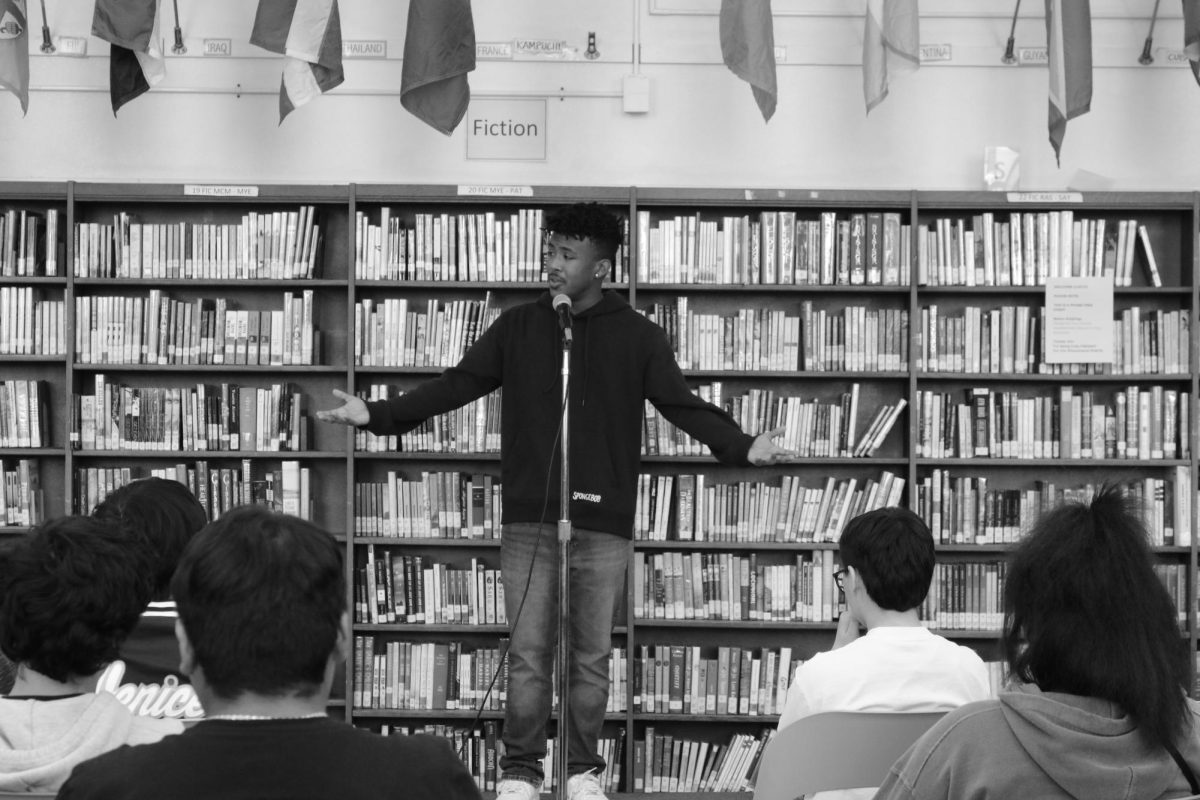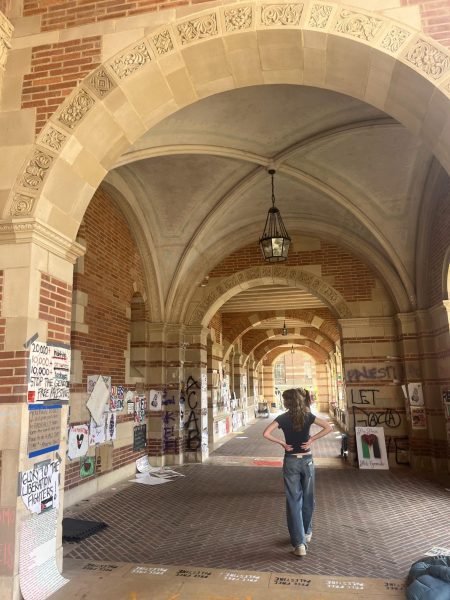
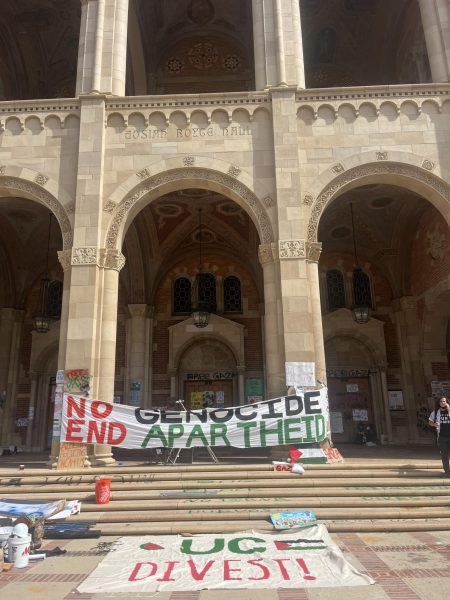
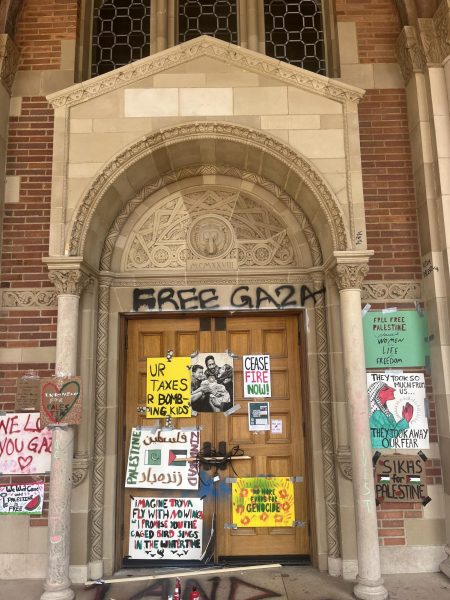
College students across the United States are protesting on college campuses against the Israel-Hamas war, leading to the arrests of almost 3,000 protesters across 57 universities since April 18.
Columbia University, Arizona State University, Northeastern University, andother universities have experienced demonstrations and encampments withpro-Palestianian messages on their campuses that have eventually led to the arrests of protesters.
Here in Los Angeles, protests on the University of Southern California campus led the university to cancel their primary commencement ceremony—an event typically attended by over 65,000 students and their families.
Mia Chavez ’22, a sophomore at USC, said that she “really feels” for the class of 2024, especially since they already had their high school graduation “robbed” from them due to the pandemic.
“You see these kids who have worked so hard to get where they are and to graduate college, and to have this huge moment in their lives tainted by our university’s actions is devastating,” she said.
Chavez does not believe that USC has been handling the situation well, adding that the heightened police presence on campus and federal charges on students have “gotten them into a lot more trouble than necessary” with students.
“I think a lot of colleges are overwhelmed by the strength and commitment of these students all around the country, and with that intimidation comes fear,” she said. “I think a lot of universities are reacting from a place of fear rather than coming at it in a mature and responsible way.”
An encampment on the University of California Los Angeles campus was torn down by police in the early hours of May 2, arresting 132 pro-Palestinian protestors according to the California Highway Patrol.
Days before the arrests, the encampment was the victim of violent attacks from counter protestors on April 30. Fighting between the two groups lasted for hours before law enforcement managed to step in, despite the increase of security on campus in recent days. However, no one was arrested, and 15 pro-Palestinian protestors were injured.
Evelyn Lamond ’22, a UCLA sophomore, visited the encampment the morning after the violent attacks to provide aid to those injured.
She said that people were playing music, folding clothing, and organizing medical resources, adding that the encampment was “extremely organized.” A list of community guidelines was posted on one of the walls, which also included a tier list that gauged the level of risk a person was taking depending on how long they stayed in the encampment.
“I felt like it was a beautiful, collected effort to make sure that everyone was taken care of,” she said.
Most recently, Columbia University has also now canceled their university wide commencement ceremony, though the university claims that they will still be hosting “smaller-scale graduations.”
Protestors are asking universities across the country to divest their stocks in Israeli interests and interests supporting the war, including manufacturers who make war planes, missiles, tanks, and guns.
Universities have large asset holdings called endowment funds, which is the money invested to earn revenue to provide funding for the university. An endowment fund consists of charitable gifts made to a non-profit institution, like a university.
The majority of a university’s endowment fund is invested in different stocks and bonds, and the yearly interest from the investments help supplement the university’s budget.
Most individuals who invest in the stock market do it through mutual funds, in which universities or regular investors pick an investment firm to “mutually” buy stocks and bonds. Once the money is handed over to the investment firms, universities are not directly controlling which stocks their money is investing in.
Some universities or non-profit organizations choose to invest their money in socially responsible investment funds that avoid contributing to harmful companies. For example, a university can choose to not invest in businesses that increase environmental damage through fossil fuels.
There is a long history of social activists putting pressure on organizations not to invest in causes that they’re opposed to. For example, student activists in the 1980s pressured universities and other corporations to divest from South Africa to oppose its apartheid (an extreme form of segregation or racial hierarchy).
Marianna Villa, Loyola Marymount University’s Vice President of External Relations and Partnerships, said that it was very challenging trying to plan LMU’s commencement around the protests.
According to Villa, security measures on campus increased and administrators created de-escalation plans in the event something were to happen.
Villa said that there was never talk of canceling commencement ceremonies, and celebrating the class of 2024 was very “important” to them.
“We didn’t want to put cancellation on the table,” she said. “We never wanted to lose this opportunity for our students who had worked so hard over these challenging four years.”
Chavez said that she hopes students are not “vilified” by the media for standing up for what they believe in.
“I really hope more people respect the fact that these students are educated and they know what they are talking about,” she said.
Villa said that she is encouraged that students continue to have a “fire for humanity.”
“I am so happy that our students are encouraged to seek justice for people outside of their communities,” she said. “I hope they continue to approach it from a place of love and yearning for understanding.”
“That’s who our LMU students are,” Villa said. “They are advocates, they are friends, they are seeking justice and education, and most importantly: they are fighting for each other.”


